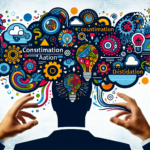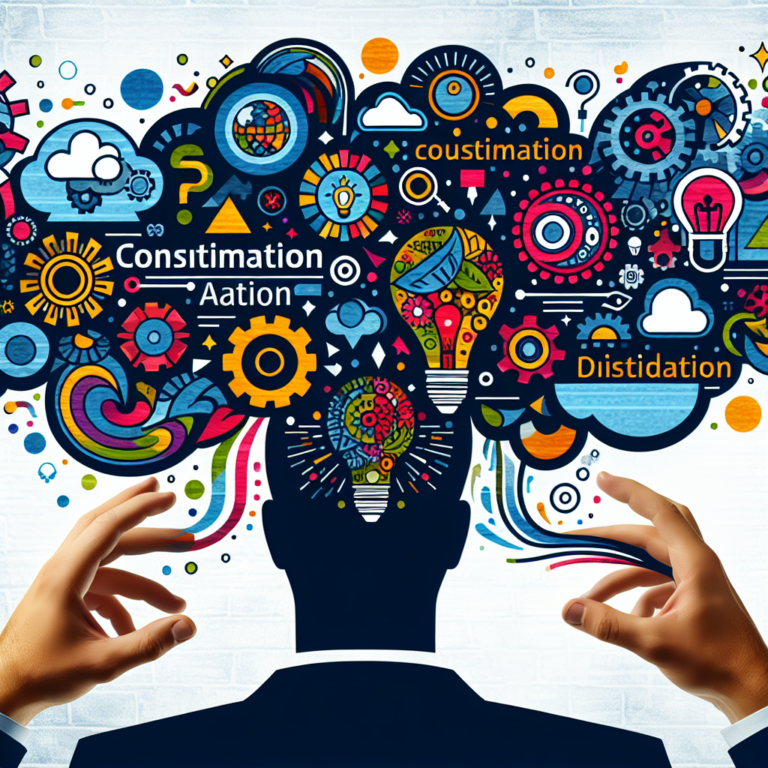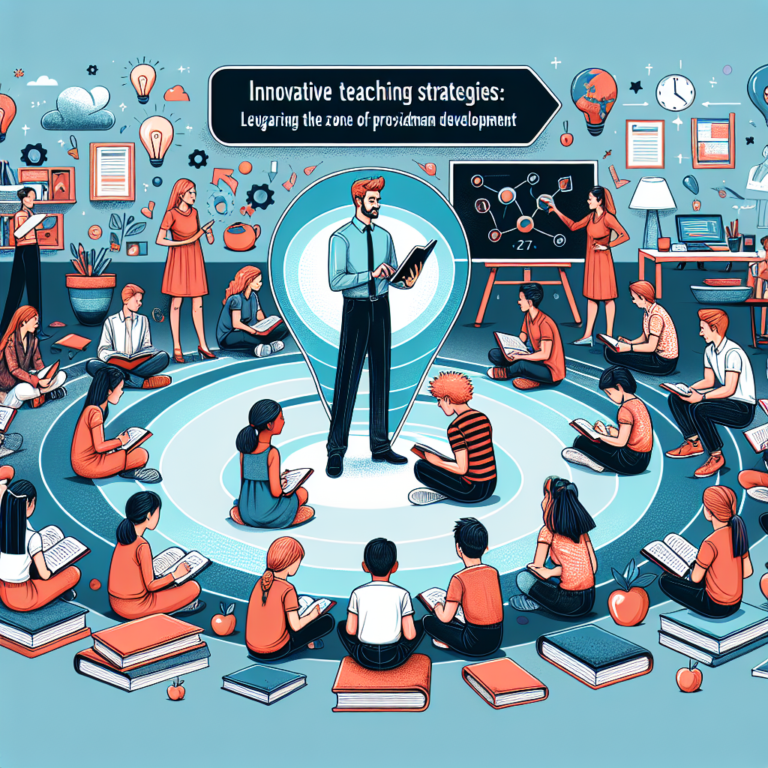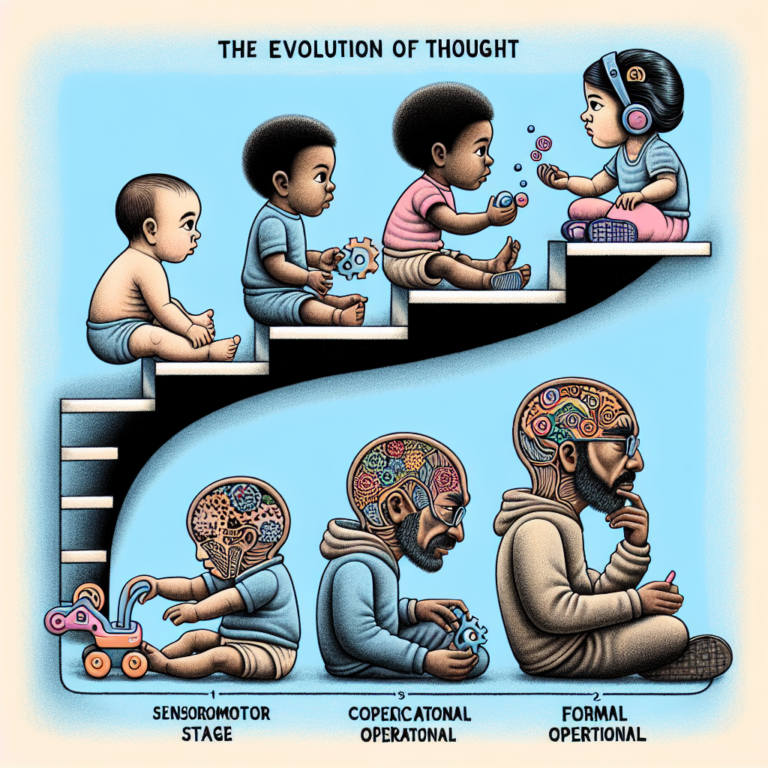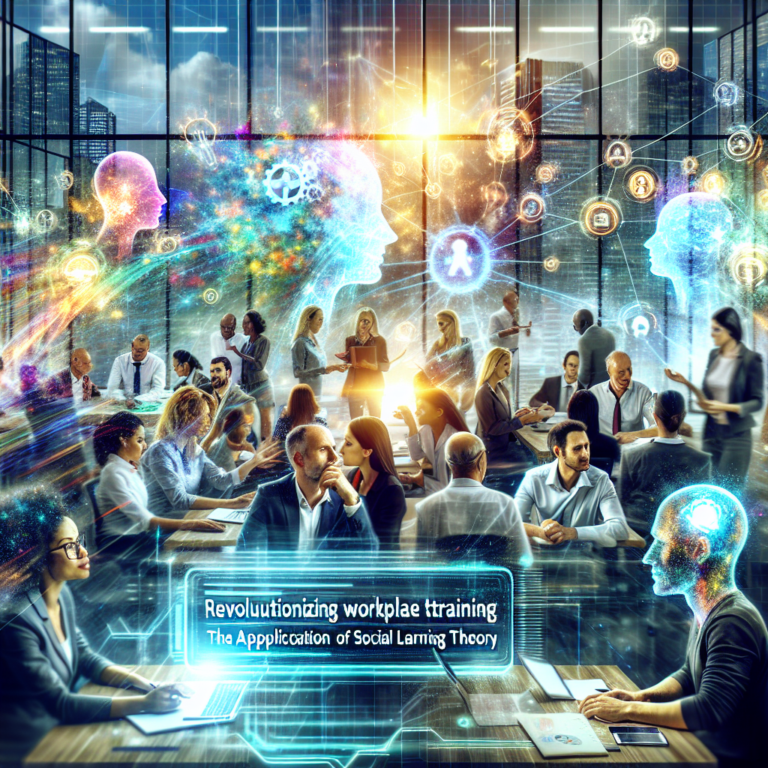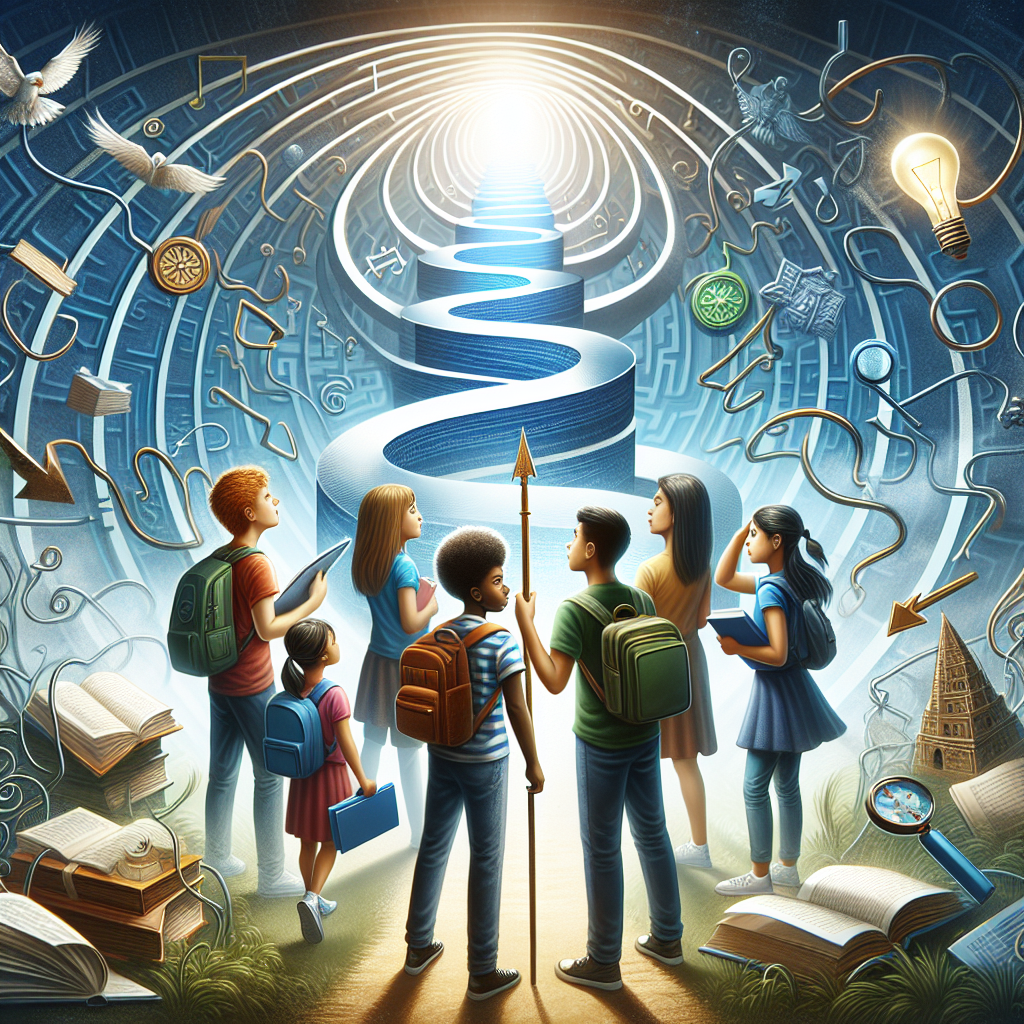
Introduction
Gifted students are often seen as high achievers, but this label can be misleading. Underneath their academic success lies a complex tapestry of challenges that can hinder their growth and development. Understanding these challenges is crucial for educators, parents, and students themselves. In this article, we delve deep into Navigating Challenges: Strategies for Supporting Gifted Students, offering you invaluable insights and effective strategies. By addressing the unique needs of gifted learners, we can empower them to reach their full potential while also enhancing their emotional and social well-being.
Understanding Giftedness and Its Challenges
The Spectrum of Giftedness
Giftedness is not a one-size-fits-all designation. It encompasses a wide range of abilities, including intellectual, creative, artistic, and leadership skills. The National Association for Gifted Children (NAGC) identifies several characteristics that are typically associated with gifted students, such as:
- Advanced problem-solving skills
- High levels of curiosity
- Intense focus and commitment
- Unusual emotional depth
However, these traits can also lead to unique challenges. Gifted students may experience social isolation, perfectionism, or heightened sensitivity, which can make their educational experience more complex.
Common Challenges Faced by Gifted Students
Social Isolation: Gifted students often feel different from their peers, leading to feelings of loneliness. They may struggle to find companions who share their interests or intellectual pursuits.
Perfectionism: The drive for excellence can lead to high levels of stress, anxiety, and even burnout. Gifted students may feel an intense pressure to always perform at their best.
Boredom and Disengagement: Traditional curricula can be unchallenging for gifted learners, causing them to disengage from the classroom experience. This can result in a lack of motivation or challenging behaviors.
Emotional Sensitivity: Many gifted students have heightened emotional awareness, leading to feelings that can be overwhelming. These emotional challenges may manifest as anxiety or depression.
- Underachievement: Gifted students may not always achieve their full potential, whether due to environmental factors, lack of motivation, or emotional struggles.
Navigating Challenges: Strategies for Supporting Gifted Students
Individualized Learning Plans
Customizing education is vital for the success of gifted students. Creating Individualized Learning Plans (ILPs) allows educators to tailor the curriculum to meet the specific needs of each student. An ILP can include:
- Accelerated curriculum options: Advance beyond grade-level material.
- Project-based learning: Give students the freedom to explore topics that interest them deeply.
- Mentorship programs: Pair students with mentors in areas they wish to explore professionally.
Encouraging Emotional Intelligence
Developing emotional intelligence is essential for gifted students to navigate their feelings and relationships. Here are some effective strategies:
- Mindfulness practices: Incorporate mindfulness activities into the school day to help students manage their emotional intensity.
- Group discussions: Facilitate conversations about emotions and social interactions, providing a safe space for students to articulate their feelings.
Building a Supportive Teacher-Student Relationship
Strong relationships between educators and gifted students can lead to improved outcomes. Strategies include:
- Active listening: Educators should genuinely listen to students’ thoughts and concerns, validating their feelings and experiences.
- Open communication: Foster an environment where students feel comfortable discussing their struggles and successes.
Creating a Collaborative Environment
Gifted students often thrive in settings where collaboration is encouraged. Implementing cooperative learning strategies can help:
- Group projects: Allow students to work together to solve complex problems, fostering teamwork and mutual respect.
- Peer tutoring: Encourage students to help one another, promoting a sense of community and shared learning goals.
Case Study Analysis
Case Study 1: The Impact of Acceleration
In a school district that adopted an acceleration model for gifted learners, students were given the opportunity to take courses at multiple grade levels. The result was astonishing—students not only excelled academically, but they also reported increased feelings of belonging and fulfillment. By navigating challenges through targeted acceleration strategies, both achievement and social connections improved.
Analysis: This case demonstrates the importance of personalization in education. Acceleration allows gifted students to engage with material that meets their capabilities, reducing boredom and enhancing motivation.
Table: Strategies for Supporting Gifted Students
| Strategy | Description | Benefits |
|---|---|---|
| Individualized Learning Plans | Tailored educational plans to address the unique needs of each student | Increased engagement and personalized learning |
| Emotional Intelligence Training | Programs focused on developing students’ emotional awareness | Better management of emotions, enhanced social skills |
| Collaborative Projects | Group assignments that require teamwork and cooperation | Builds social connections and communication skills |
| Mentor Relationships | Pairing students with mentors in their areas of interest | Provides guidance, support, and real-world applicability |
| Flexible Curriculum | Options to advance or modify standard coursework | Reduces boredom and encourages deeper understanding |
Addressing Social Needs
Fostering Peer Relationships
Social challenges can be mitigated by creating opportunities for gifted students to connect with like-minded peers:
- Clubs and activities: Establish clubs that cater specifically to the interests of gifted students, such as science clubs, debate teams, or creative writing groups.
Providing Social Skills Workshops
Incorporating social skills training into the curriculum can help gifted students navigate their unique interpersonal challenges. This can include:
- Role-playing scenarios
- Conflict resolution strategies
- Effective communication practices
Promoting Mental Health Awareness
Understanding Mental Health Issues
It is crucial for educators and parents to recognize the signs of mental health issues in gifted students. Providing resources and support for mental health can make a significant difference in their overall well-being:
- Regular check-ins: Schedule time for one-on-one discussions regarding mental health, ensuring that gifted students feel supported.
Comprehensive Support Systems
Building a comprehensive support system is vital for the success of gifted students. This system may involve:
- Counseling services: Access to school counselors or psychologists who understand the unique needs of gifted students.
- Family engagement: Encouraging parents to participate in workshops to equip them with tools to support their gifted children at home.
Conclusion
Navigating the challenges faced by gifted students requires a multifaceted approach that combines individualized learning, emotional intelligence, and social support. By implementing Navigating Challenges: Strategies for Supporting Gifted Students, educators and parents can create an enriched environment that fosters not only academic achievement but also emotional well-being and social connections.
In sum, while gifted students may face complicated challenges, the strategies outlined in this article can propel them toward success. Empowered with the right tools and understanding, gifted students can flourish, creating a brighter future for themselves and society as a whole.
FAQs
1. What are the characteristics of gifted students?
Gifted students often exhibit advanced cognitive abilities, intense curiosity, heightened creativity, and emotional sensitivity. They may also display an eagerness to learn, which can set them apart from their peers.
2. How can teachers support gifted students in the classroom?
Teachers can support gifted students by implementing individualized learning plans, providing enrichment opportunities, facilitating group projects, and promoting emotional intelligence.
3. What are the potential downsides of being gifted?
Gifted students may experience social isolation, perfectionism, anxiety, and underachievement. They may also struggle with intense emotional responses, leading to feelings of overwhelm.
4. How can parents support their gifted children at home?
Parents can foster their gifted child’s interests by encouraging exploration, providing resources for further learning, and maintaining open lines of communication about feelings and challenges.
5. Are there any programs specifically designed for gifted students?
Yes, many school districts offer specialized programs for gifted students, including acceleration options, enrichment classes, and mentorship programs. Additionally, there are various summer camps and extracurricular activities tailored for gifted learners.
By focusing on Navigating Challenges: Strategies for Supporting Gifted Students in various settings, we can ensure that these students not only thrive academically but also enjoy a fulfilling and well-rounded educational experience.

